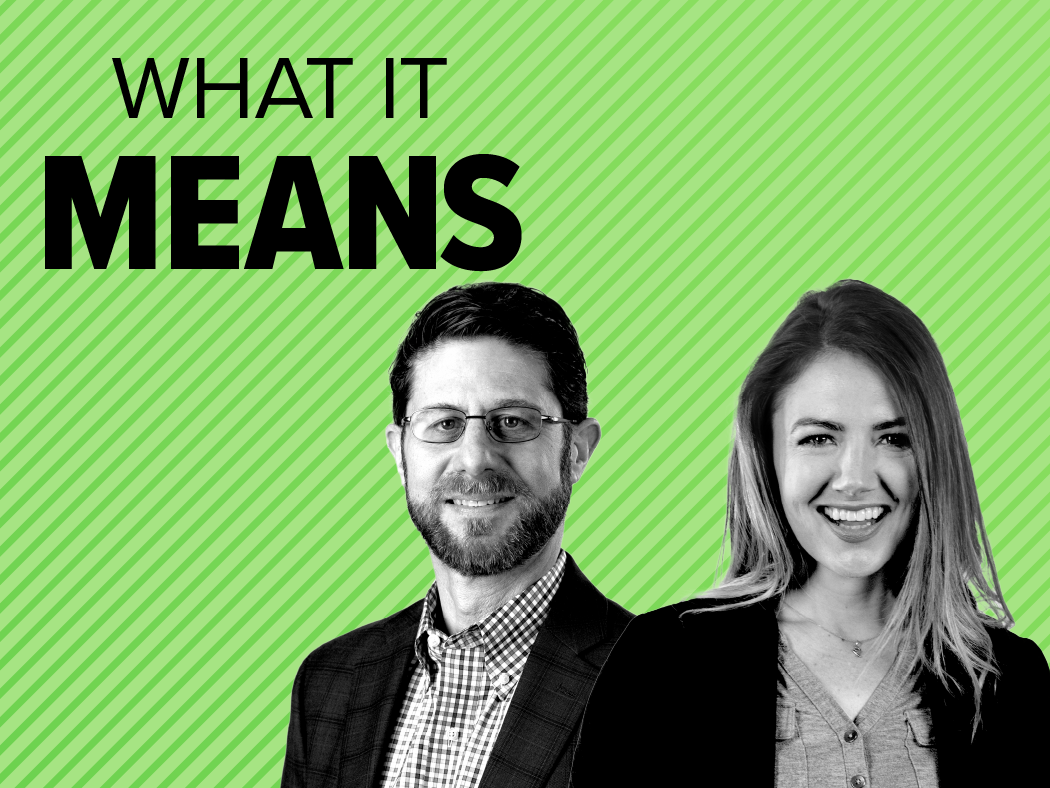Featuring:
Betsy Summers, Principal Analyst and Peter Ostrow, VP and Principal Analyst
Show Notes:
Expectations of managers have changed. Being an effective manager is no longer just about hitting KPIs or overseeing day-to-day tasks — many employees now want managers who can empower, develop, and coach. What’s needed to adapt to this paradigm shift, and what’s the reward for doing the work? Principal Analyst Betsy Summers and VP and Principal Analyst Peter Ostrow tackle these questions and preview their session on the topic at Forrester’s B2B Summit North America.
The episode starts with Summers highlighting how traditional “command and control” management practices are falling out of favor, replaced by models focusing on empowerment, enablement, and personal development. The trend cuts across functions, with younger employees in particular wanting mentorship and professional growth as part of their job experience. “Folks don’t just take a job because of the pay, the job description, or the expectations,” Ostrow says. “They take a job expecting that what they will be taught and develop is going to be for their own professional and personal benefit.”
The analysts acknowledge that coaching doesn’t come naturally to many managers. In fact, says Summers, many of the skills and accomplishments that get individual contributors promoted into management “are actually exactly the wrong things if you want to be a coach-like manager.” Coaching involves asking questions and giving employees space to come up with answers, rather than managers quickly solving problems based on their own expertise. Coach-like managers, says Summers, occupy the “uncomfortable gray area” between driving KPIs and pipeline for the company and supporting their reports’ development.
Throughout the episode, Summers provides tangible tips for managers looking to become more coach-like, while Ostrow provides specific examples relevant to sales managers and teams. Though it can be a tough adjustment, the payoffs are compelling: Summers cites Forrester data showing that employees who have a “coaching” manager are eight times more likely to be highly engaged than their peers who have managers who don’t coach them.
The episode wraps up with Summers and Ostrow previewing their session on the topic at B2B Summit North America, which will explore in greater depth how the competencies for managing and coaching differ and how coaching approaches can benefit B2B teams. The session will include roleplaying exercises to make the differences more tangible. Learn more about B2B Summit and register.




